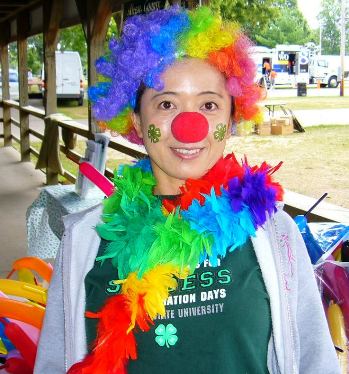Time management for teens: Understanding roles – Act II
Life can be like a circus and teens need to have skills to manage their time to be successful.

Act II will identify key people and performers with strategies in the circus. The ringmaster needs to work with the performers for a successful show. Samples of performers are:
- High-trapeze performers – in life, these are key teamwork individuals who work effectively and know that everyone is important. If one performer does not catch the other, s/he will fall. An example would be your parents or sports teammates.
- Animal trainers – in life, these are key individuals who build trust with others; they meet others’ needs and look beyond fulfilling their own. An example would be a general manager, teacher or coach.
- Circus clowns – in life, these individuals understand the importance of having fun and a good time. People need to laugh, relax, and not take themselves so seriously. An example would be those friends that make you laugh or see the lighter side of a situation.
How are the performers (friends, teachers, parents, coaches) doing to help you with your circus? Besides working effectively with others; the audience (family, community, or school) expects much from the performers and the ringmaster, and they have high expectations of a good show. An example of a “good show” may look like a ringmaster who spent the right amount of time working with the track coach (animal trainer), the track team members (high trapeze performers) and supportive friends (circus clowns) to become the State high school track champion. Because the ringmaster managed her time with the performers and had a good line-up schedule created, she was able to perform her best to get the community (audience) excited and very proud of her accomplishment. Reflect on who, in the audience, would be happy with what they are seeing? Who would be disappointed?
By identifying key people and performers, teens can understand how the ringmaster needs to work with others. The Act III “Grand Finale” of the circus will conclude with more tools for teens to develop their own time management system. With the skills of time management, may all your days be Circus Days!



 Print
Print Email
Email



